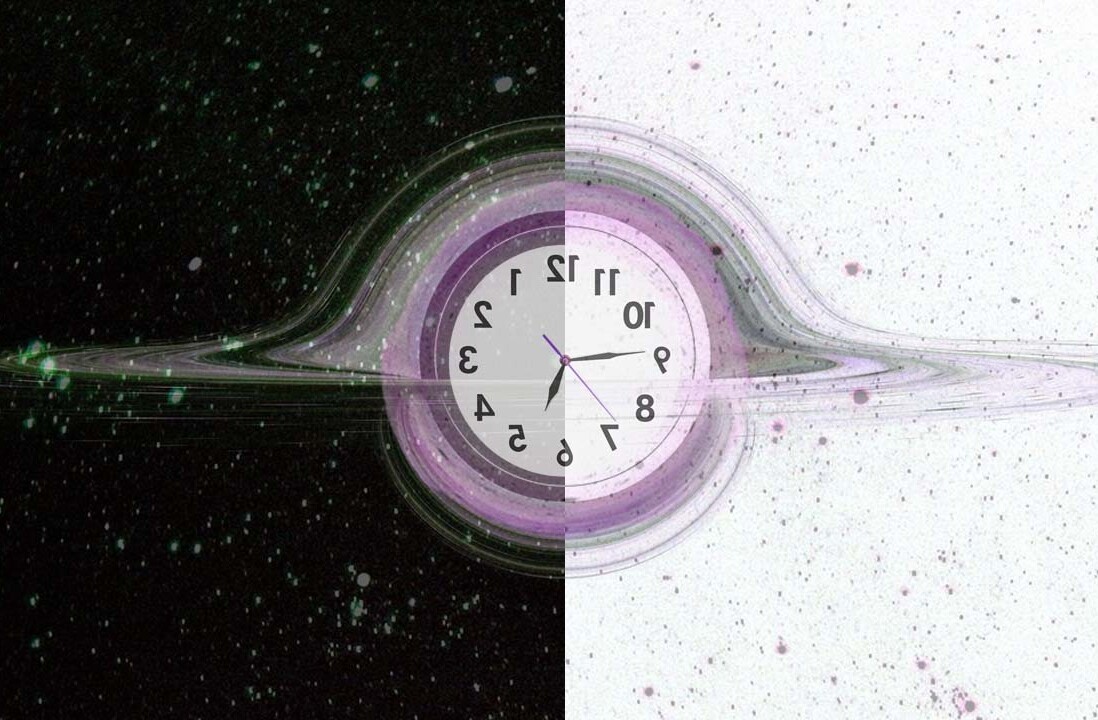
After analyzing data on human longevity for years, US researchers have concluded that hopes science extend life span by hundreds of years is probably fruitless.
While we’ve made strides for decades at improving average life expectancy, life span is an entirely different ballgame. Children born today can expect to live to 79, according to the researchers. A far cry from the 47 year expectancy for those born in 1900. But as much as we’ve done to boos life expectancy through vaccines, diet, and general well-being, we’re probably not going to be able to extend lives much further than the record age of 122 years.
Jan Vijg, chair of genetics at Albert Einstein College of Medicine told Chicago Tribune:
Further progress against infectious and chronic diseases may continue boosting average life expectancy, but not maximum life span.
After increasing the average life expectancy over the last two decades, the ages of the oldest people worldwide increased with it. In 1997, we lost Jeanne Calment, who had the longest documented life of any person in history at 122 years.
During this period, however, researchers noted that those who made it to the 100-year mark showed no noticeable improvement for the years to follow. Put simply, if you made it to 100, the chances of you making it to 110, 125, or 120 over that span of several decades didn’t improve.
Based on this data, the researchers believed we’re basically tapped out at our current maximum of around 115 years, with the absolute limit being 125.
Get the TNW newsletter
Get the most important tech news in your inbox each week.




